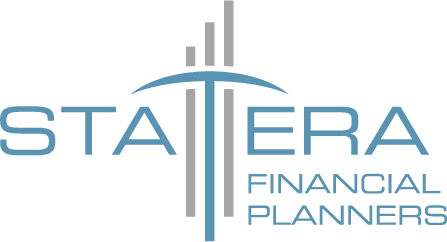Maximizing Your Donation Tax Credit

Maximizing Your Donation Tax Credit
Did you know that charitable donations can significantly reduce your tax burden? The donation tax credit is a powerful tool for Canadians who give to registered charities. This article will explore smart strategies for maximizing your tax benefits through charitable giving. We'll cover how to understand and claim the donation tax credit effectively, as well as provide practical tips for optimizing your contributions. By the end, you'll have the knowledge to make informed decisions about your charitable giving, potentially saving thousands on your taxes while supporting causes you care about.
Understand the Donation Tax Credit and Its Importance
The donation tax credit offers significant benefits for charitable giving in Canada. Understanding this credit involves defining its structure, identifying eligible charitable organizations, and recognizing the importance of proper receipt documentation. This knowledge empowers donors to maximize their contributions while navigating legislation and political donation tax credits. Proper documentation from recognized charitable organizations is crucial for claiming these credits effectively.
Define Donation Tax Credit and Its Benefits
The donation tax credit in Canada provides a valuable incentive for charitable giving, reducing the donor's taxable income and potentially increasing their cash flow for savings. This credit applies to donations made to registered charities and other qualified donees, offering a non-refundable tax credit that can significantly lower the donor's overall tax burden.
The benefits of the donation tax credit extend beyond individual financial gain, fostering a culture of philanthropy that supports vital community services and causes. By understanding how this credit interacts with other aspects of their financial planning, donors can optimize their charitable contributions while maximizing their tax advantages, similar to strategies employed with the Internal Revenue Service in other jurisdictions.
Identify Eligible Charitable Organizations
When claiming charitable donation tax credits, it is essential to ensure donations are made to eligible organizations recognized by the Canada Revenue Agency (CRA). Donors can research and reference the CRA's official list of registered charities to confirm an organization's eligibility before making contributions that will impact their income tax calculations.
Eligible charitable organizations encompass a wide range of entities, including registered charities, certain amateur athletic associations, and qualified donees such as universities outside Canada. By verifying an organization's status, donors can confidently make charitable donations that will qualify for tax credits, potentially reducing their net income and overall tax burden.
Recognize the Importance of Receipt Documentation
Proper receipt documentation is crucial for claiming donation tax credits, especially when dealing with complex donations such as stocks or determining fair market value. Donors must obtain official receipts from registered charities, which should include essential information like the donation amount, date, and the organization's registration number.
Donors should keep their receipts organized and readily available, as the Canada Revenue Agency may request them to verify claims and ensure compliance with tax regulations.
Conclusion
Maximizing your donation tax credit is a smart way to give back while reducing your tax bill. Ensure your donations go to registered charities, keep proper receipts, and explore strategies like donation bundling for greater savings. A little planning can make a big difference for both your taxes and the causes you support.
Need expert guidance on tax-efficient giving? Contact Statera Financial Planning to optimize your charitable contributions and overall financial strategy.

As financial planners, we do not provide specific tax and legal advice. You should always consult your accountant and/or lawyer where necessary. Because of the many ways a strategy may be impacted when segmented, we prefer to communicate collectively with your external professionals to ensure that all recommendations and action plans are in the overall best interest of you, with your professionals working with common goals in mind.
You are never obligated to act on our recommendations of products, services, or advice.
